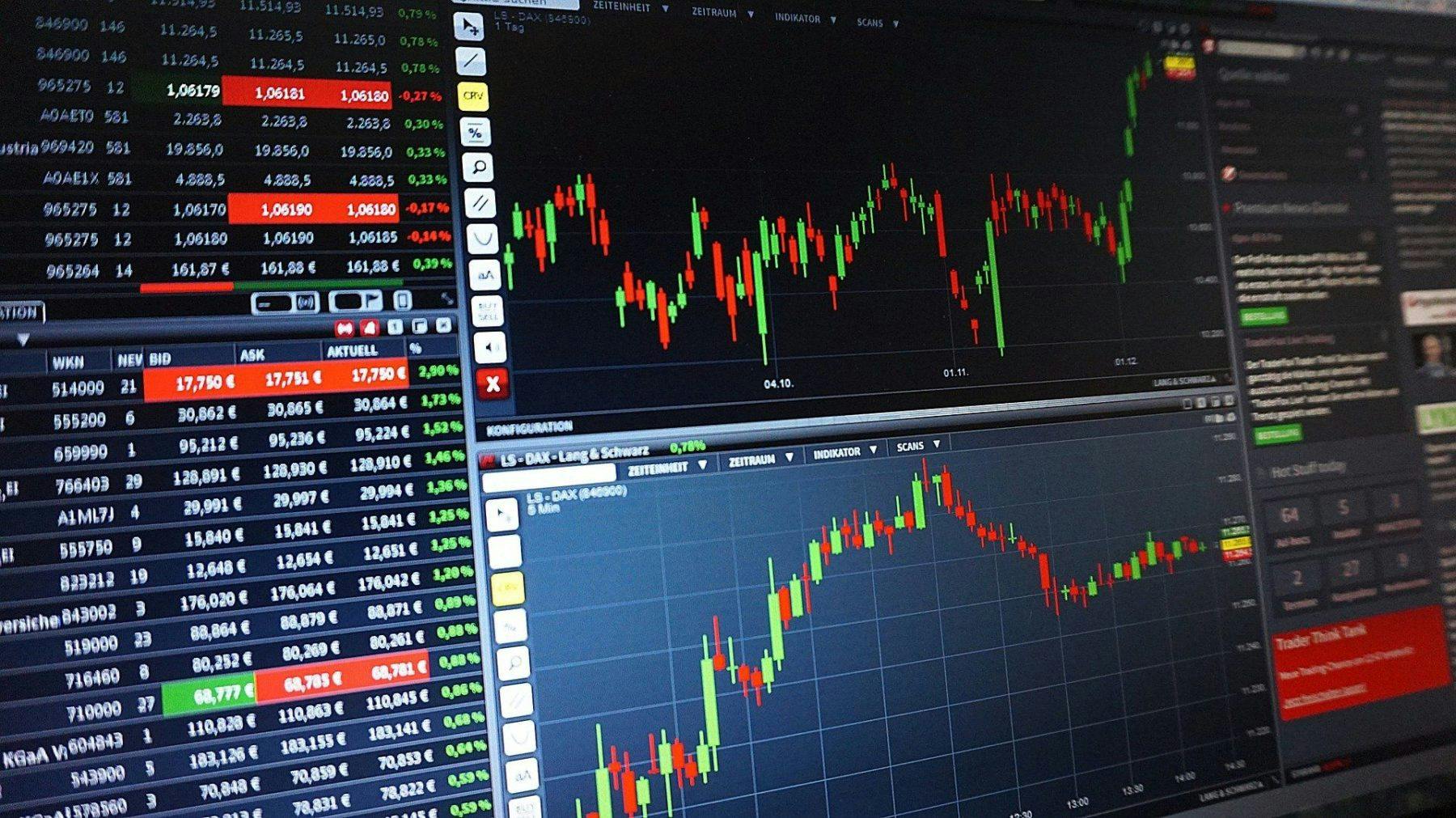What Happened to Arbitrage Trading in Crypto?
Bitcoin’s relative immaturity and high volatility have historically made it a popular arbitrage trade, but a maturing market and decreased inefficiencies pose a threat to the once profitable practice. Because each exchange offers its own price for a given cryptocurrency, traders […]

- As liquidity rises, less arbitrage opportunities exist across exchanges
- As volatility rises, opportunities still appear like the ‘Kimchi’ Premium
- The ‘easy money’ has been made in arbing exchanges, but relative to the public stock market there a lot of opportunities
Bitcoin’s relative immaturity and high volatility have historically made it a popular arbitrage trade, but a maturing market and decreased inefficiencies pose a threat to the once profitable practice.
Because each exchange offers its own price for a given cryptocurrency, traders can capitalize by buying digital assets on one exchange and selling them on another. The discrepancies in price across different exchanges occur because each exchange is a centralized entity and there is no market regulation forcing them to display the best bid and offer.
The practice was common in 2017, when arbitrage traders could better capitalize off the newness of cryptocurrencies.
“Three years ago, the markets were really inefficient, and people were making a lot of money off of the inefficiencies with arbitrage trading,” said Christopher Hehmeyer, CEO of Hehmeyer Trading and Investments. “Then a bunch of new players came in over the last few years and tightened the markets up, volumes got a lot bigger, so a lot of the players that were making what you’d call ‘easy money’ were saying, ‘it’s way too tight, it’s way too mature, and so i’m getting out.’”
On the other hand, Hehmeyer said, new players entering into the crypto market today may be thinking just the opposite. Compared to stock indexes, where trades are made in nanoseconds, crypto exchanges are incredibly immature.
“There are certainly a lot of people that made a lot of money and got out, and there are certainly people coming in that think it’s incredible compared to how tight the arbitrages are in [public] stock indexes,” said Hehmeyer. “It depends on how you look at it.”
Traders looking to capitalize on market inefficiencies can still do so today, although as the technology matures and market efficiency increases, it is becoming more of a challenge.
“It’s become generally more efficient in the sense that you don’t really see huge $1000 arbs holding up like in 2017,” said Michael Rabkin, head of institutional sales at DV Chain and head of global partnerships at DVeX. “If there is a sizable arb today, it’s only for a brief period of time, at the same time, some of the recent volatility, the crash in March and the runup over the last few months, has exposed how immature the market still is, and there are times where pricing has been all over the place.”
Arbitrage trading in crypto is still a limited capacity strategy, but institutional funds are starting to develop tools to take advantage of market inefficiencies while they still can. Nickel Digital Asset Management, a UK based hedge fund, launched the first digital assets arbitrage strategy with the Nickel Arbitrage Fund in 2019.
“Arbitrage opportunities are fewer and harder to find, but with the right tech and operations setup, which has taken us a year to build, one can exploit them,” said Michael Hall, founder, partner and CIO of Nickel. “We just had our best month in December making over 2%.”
Heightened interest in Bitcoin following its recent rally has brought back the ‘Kimchi premium.’ Named after the popular Korean dish, the phenomenon refers to higher cryptocurrency prices on Korean exchanges, particularly during times of increased volatility.
South Korean exchanges hit a two-year high for Bitcoin price premiums earlier this month, indicating that traders may be taking advantage of arbitrage opportunities.






